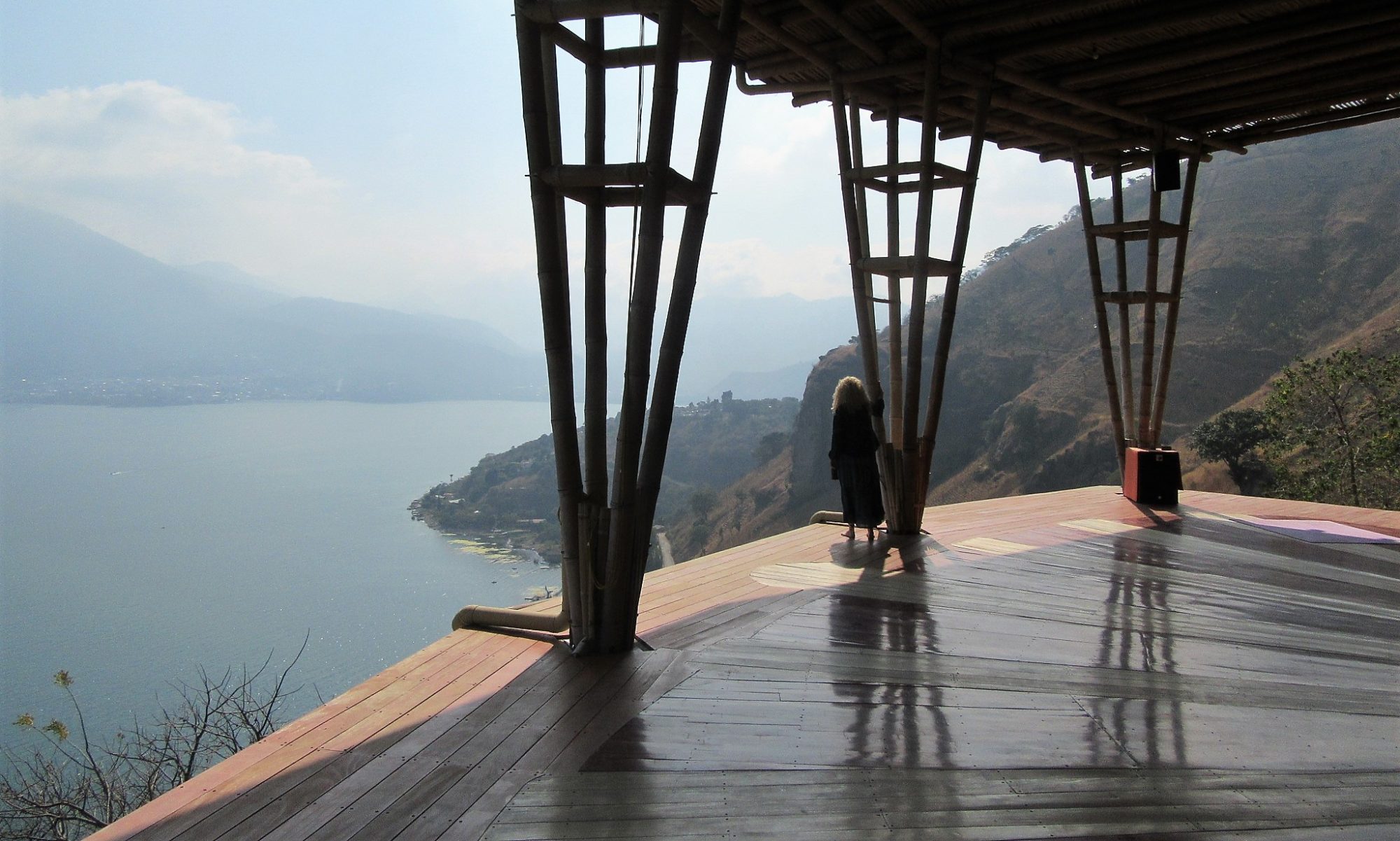(with a nod to Lawrence Ferlinghetti’s book “Pictures of the Gone World”)
by Mankh
“Whole thing seems upside down
But the whole wide world keeps turnin’ around”
– Michael Franti & Spearhead, from their song “East To The West”

In one aspect of the current form of global economic warfare, the USEmpire has employed sanctions against Russia. While Russia is reportedly handling the conditions rather well economically, European and US citizens are struggling, having to deal with outrageous energy and food cost increases. So why are the they called sanctions against Russia?
**
“Researchers have established a clear link between isolation, loneliness and alcohol abuse and addiction so, clearly, health officials did not have public health in mind when they declared liquor stores to be an “essential business” during the pandemic, while churches, gyms and even parks and beaches were shut down.”[1]
**
“The unspoken truth is that Big Oil funds the campaign against Big Oil. Sounds contradictory?
Climate activists have been lied to.
The Climate Movement (New Green Deal) is funded by major charities and corporate foundations including the National Endowment for Democracy, Soros Open Society Foundations, the Rockefeller Brothers Trust, Shell Foundation, BP, Goldman Sachs, among others.
Whereas “Big Oil” is held responsible for the devastating impacts of the fossil fuel industry, the architect of Big Oil, namely the Rockefeller family is the major protagonist of the Green New Deal…”[2]
**
As holiday Shopping Season approaches, I think of a Christian Zen Master:
“Again I tell you, it is easier for a camel to go through
the eye of a needle than for someone who is rich
to enter the kingdom of God.”
~ attributed to Jesus, perhaps originally in Aramaic
My interpretation of what the well-known riddle or imho Zen kōan signifies: Easier for a camel — who perseveres through challenging conditions — to navigate the cycles of life (as all beings must eventually do) than for someone distracted by riches to know Spirit within and live respectfully with the natural world.
I would also leave open for interpretation the phrase “kingdom of God”, as personally I would translate that, in this context, as being able to experience, enjoy and relate with the spiritual in its manifest physical forms, whether the splendor of the morning Sun or an abundance of zucchini which insists that you give some to neighbors. Also, entering a consciousness of inner peace, unharried and unhurried by the temptations of the spoils of war and commerce.
Then again, one of the word-roots of “dom” is “doom”, and with “king” interpreted as “ruler”: the ruler doom of God . . . which reminds me of US money sporting “In God We Trust”. But do you trust the false gods who manipulate the monied system aka the economy? Also “dom” as in “domination of the ruler God” . . . which reminds me of “One Nation Under God . . . yet no mention of Within or Everywhere. Translation upon translation is prone to biblical twistings, so I don’t claim to know THE answer.
The Shopping Season (no breaking news here) is based on wealth and affordability, and charity to those in need… typically without addressing the reasons for why there is such need, rather make a donation, then get on to the spiked eggnog.
**
Sanctions have to do with the economy and control. “Sanction” has its word-roots with “sanctity, holy, sacred, saint”; so there’s that awkward God business, again.
Oil, other energy sources, and foods have to do with providing the global motions, the greasing of the wheels that maintain the current economical structure.
Excessive drinking and other addictions are, in part, a reflection of feeling alienated because of a society ruled by economics. Those who struggle economically might seek solace in such substances, while those who are successful economically also seek solace for what the wealth does not provide.
The Shopping Season is an attempt to mitigate sufferings while at the same time perpetuating them.
How much consumerism does it take to destroy a habitat?
How many of us are willing to ride the camel through the needle’s eye?
Maybe moving through the needle’s eye is the precision of daily living: a butterfly’s proboscis into the crevice of a flower; a key into a key hole so you can arrive home; an opening in traffic that allows you to escape a jam; an inner vision opening from a single point of light.
How many of us are willing to ride the camel through the needle’s eye? You won’t find that ride at Disney World. You have to live the ride yourself. It can be a lonely ride, yet as Mississippi John Hurt sang:
“You got to walk, that lonesome valley
Well, you got to walk, it for yourself
Ain’t nobody else, can walk it for you
You got to walk, that valley for yourself”
And there amongst the tinsel and the bright lights, may you find companionship. There amongst the trees and cold months’ starscapes, find guidance.
NOTES.
[1] “1 in 5 Young Adults Dies From Excessive Alcohol Consumption”
https://articles.mercola.com/sites/articles/archive/2022/11/17/excessive-alcohol-consumption.aspx?ui=2dc32b97c861cc43fb8e286a4a682e75adc10ba12c5283071651c549fc4d1b5e&sd=20210330&cid_source=dnl&cid_medium=email&cid_content=art1HL&cid=20221117&cid=DM1288406&bid=1647024539
[2] “Climate and the Money Trail”
https://www.globalresearch.ca/climate-money-trail/5690209
~ Mankh (Walter E. Harris III). His recent book is Moving Through The Empty Gate Forest: inside looking out. Find out more at his website:
www.allbook-books.com





